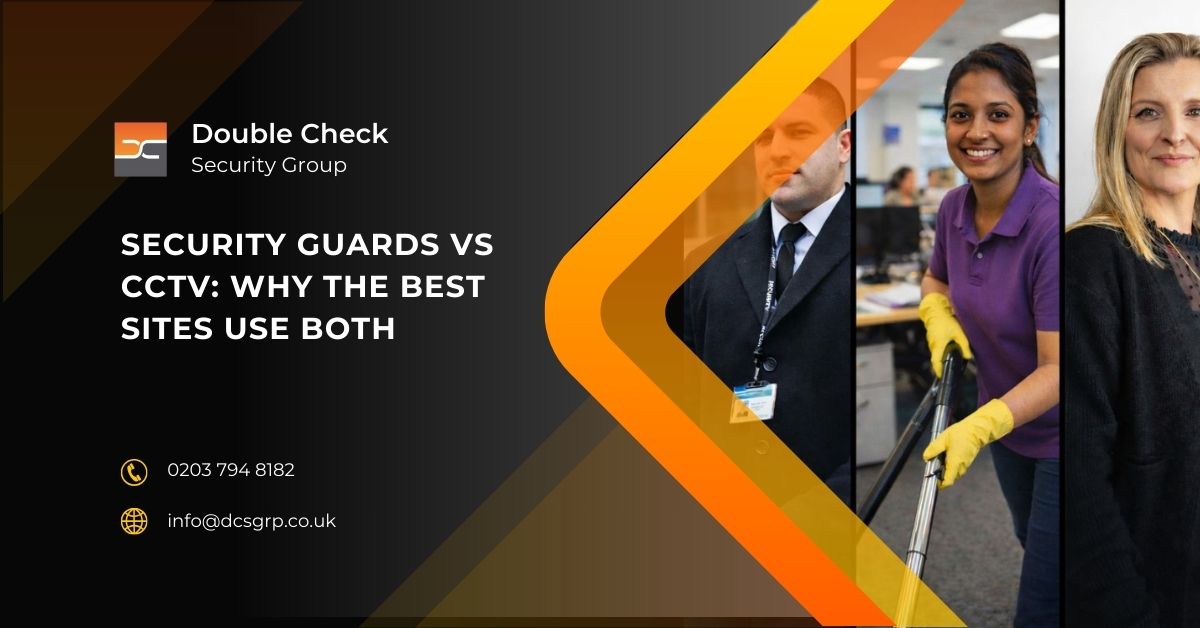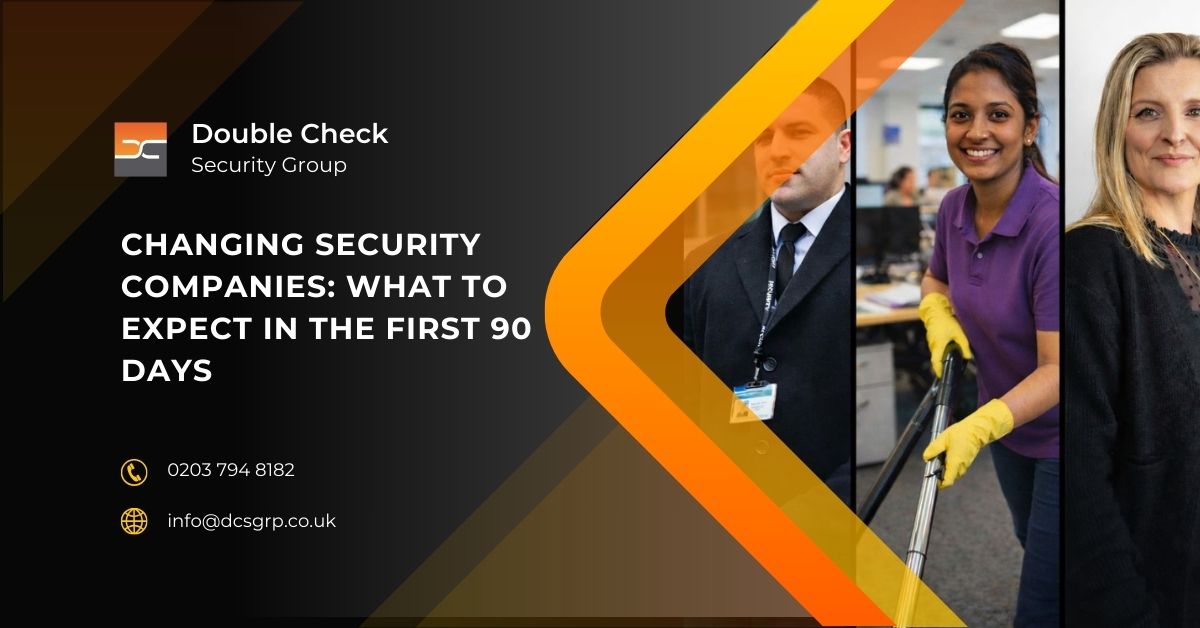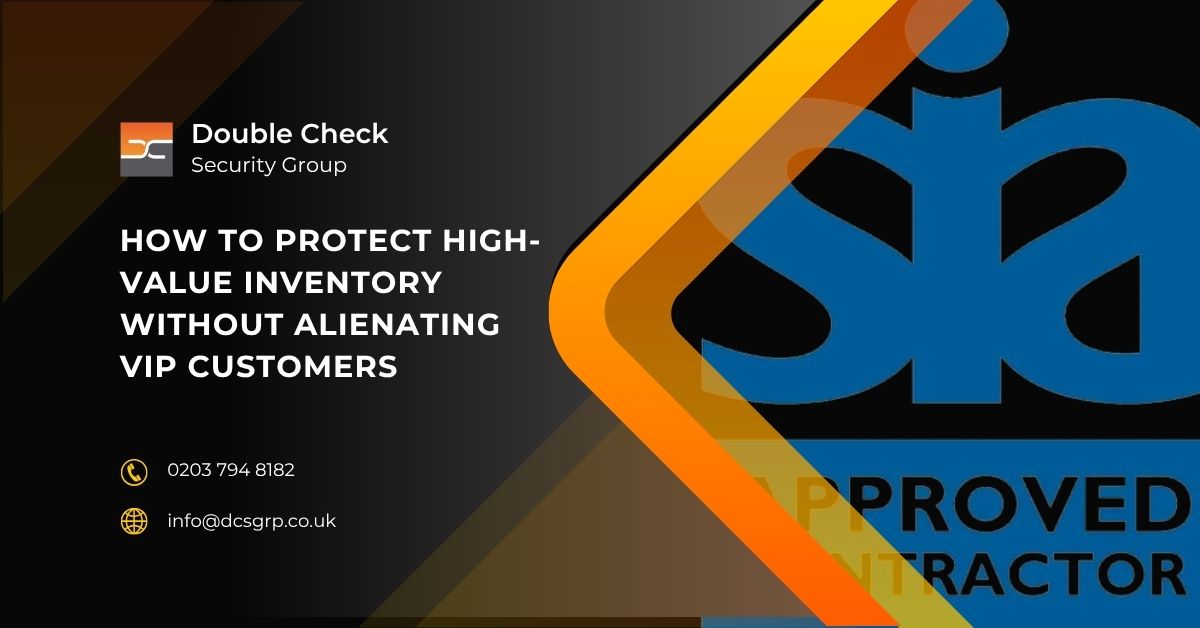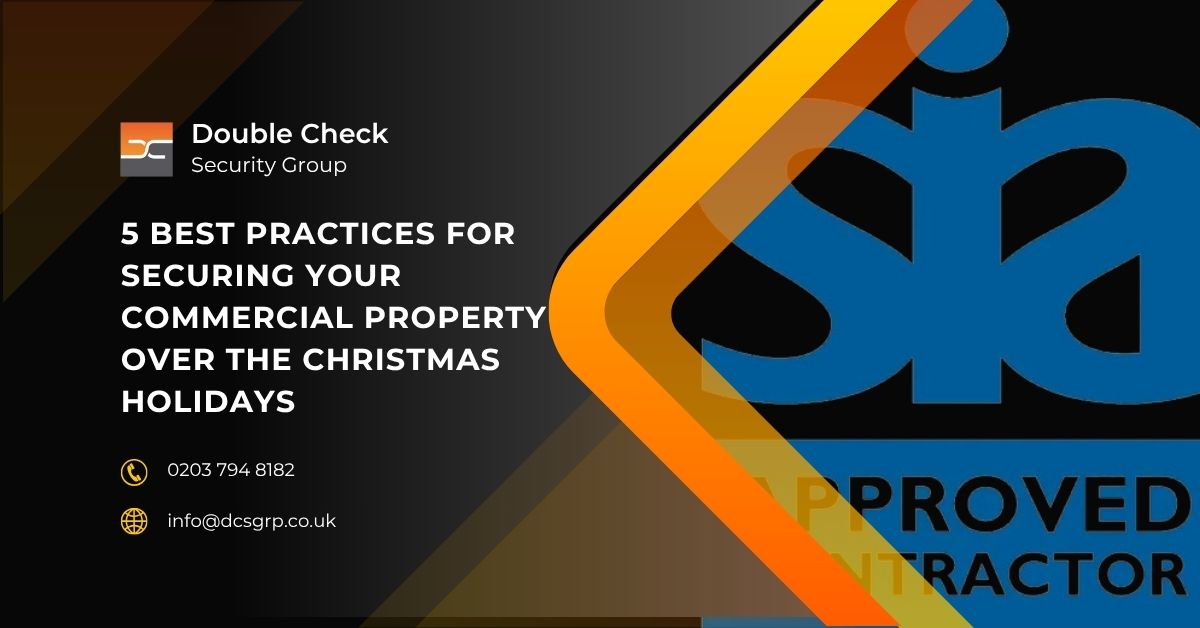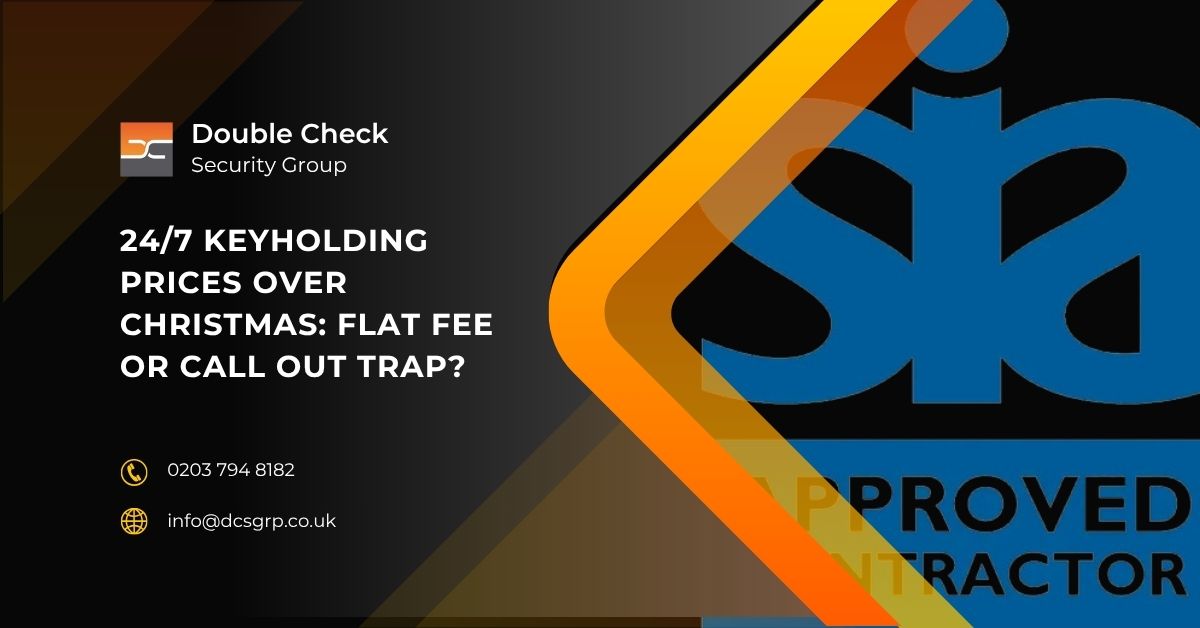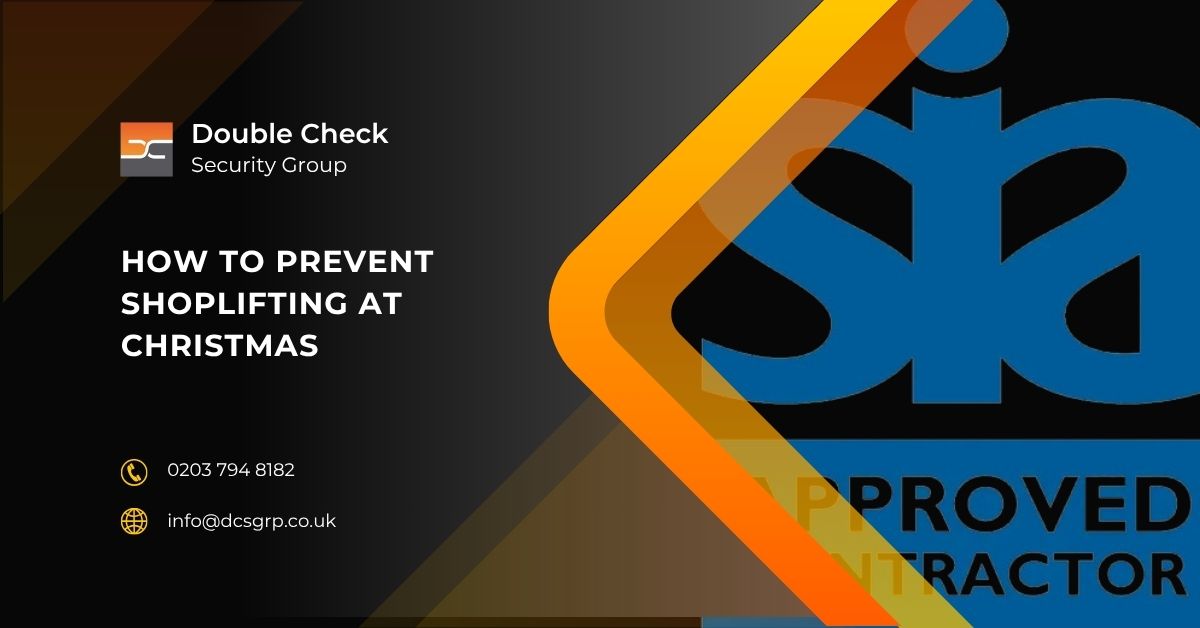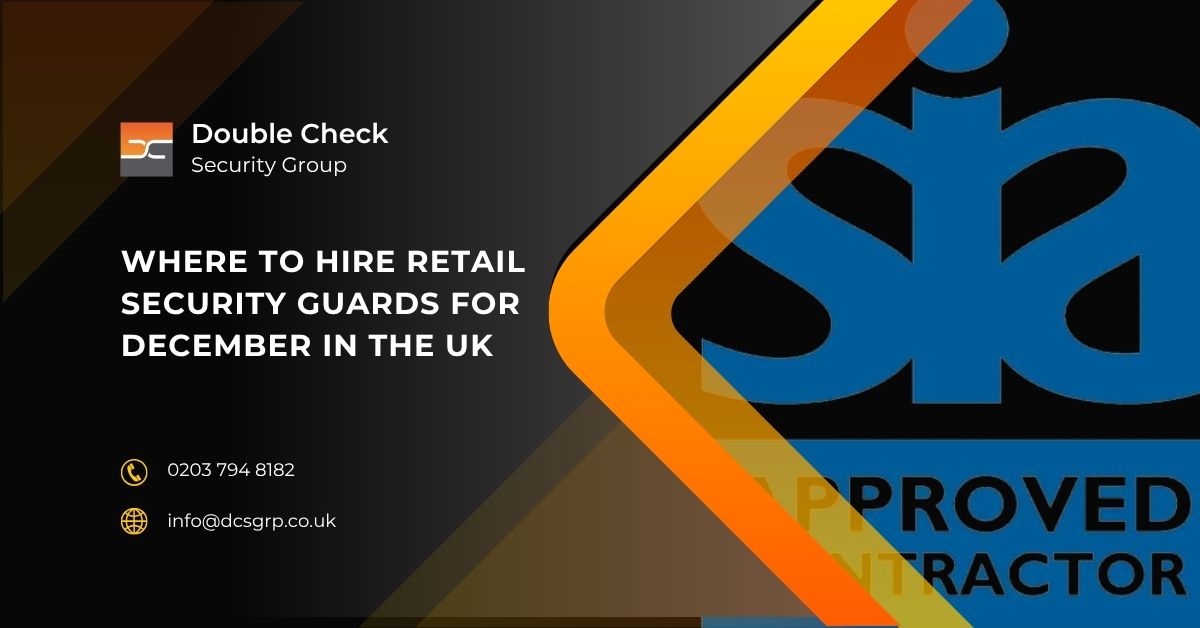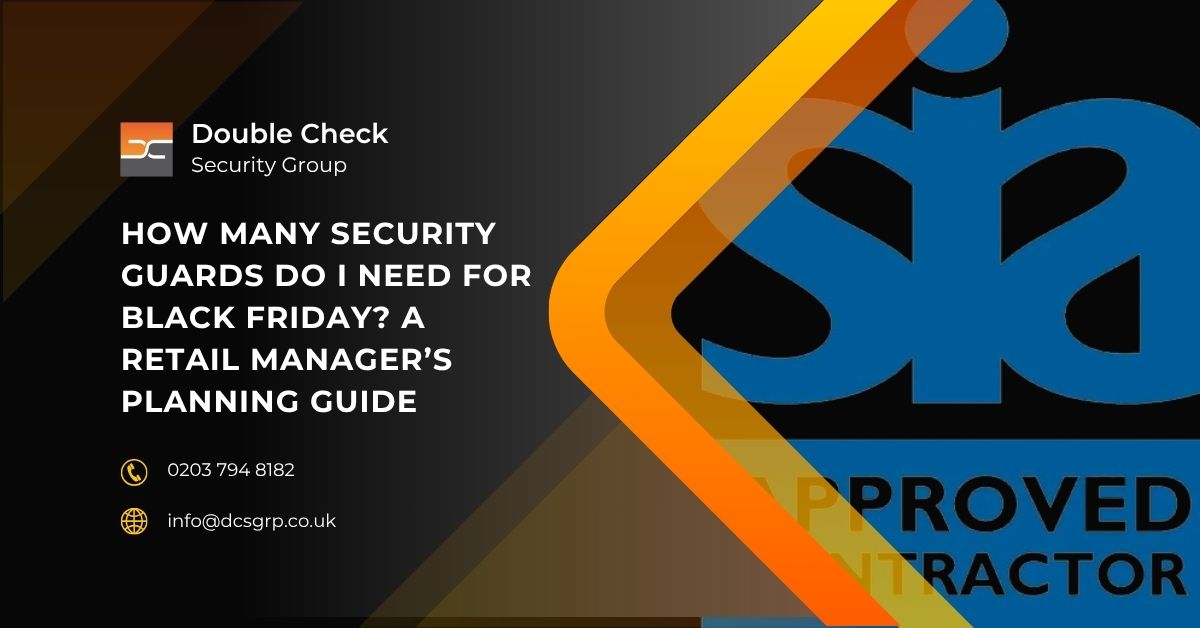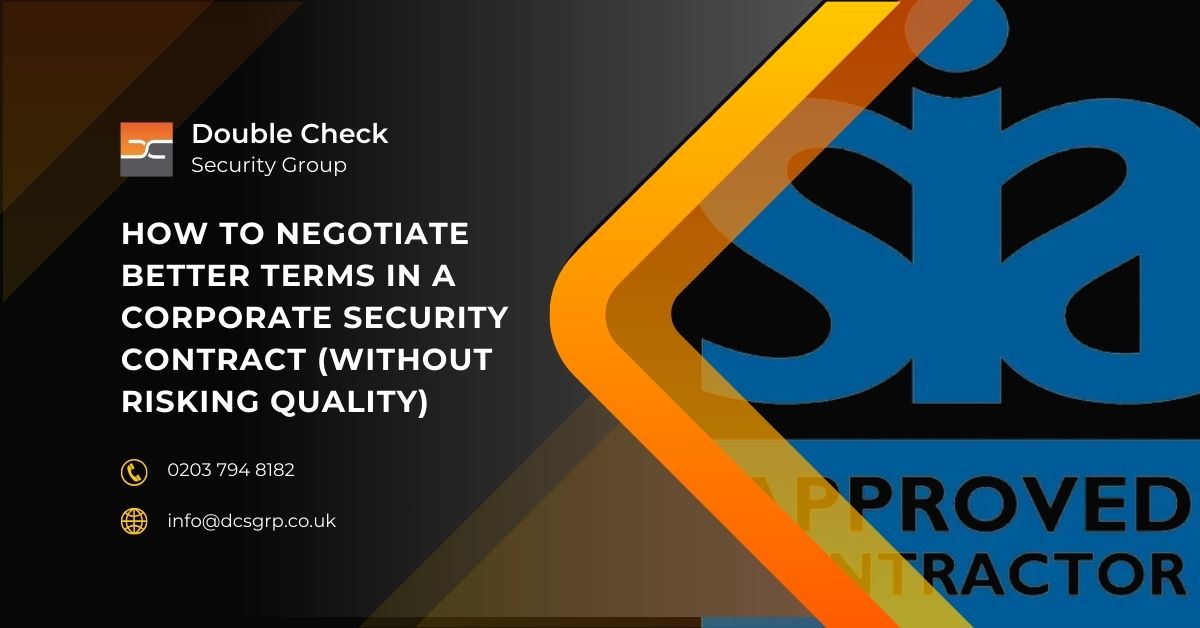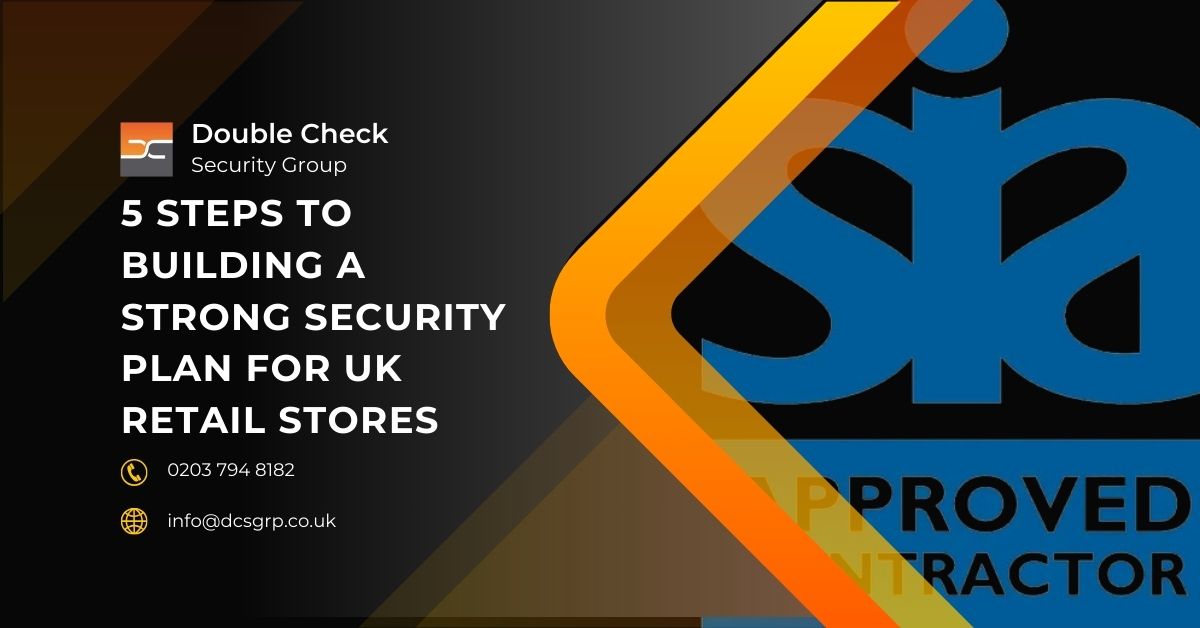What are the key differences between corporate and retail security staffing that every UK buyer should understand?
Security staffing varies significantly between corporate offices and retail outlets due to the nature of each environment. In the UK, business environments influence the type of security services required, the skills guards must possess, and the operational protocols they follow. Understanding these differences is essential for businesses seeking to hire security staff through a staffing agency or direct recruitment. From managing access control to handling specific risk profiles, the divergence in needs shapes how companies should approach staffing decisions for physical security roles.
Difference #1 – Access Control Needs
How does access control differ in corporate and retail environments?
Corporate buildings tend to have tighter control at entry points. Security staff often manage electronic badge systems, keycard access, and sign-in protocols. Lobbies are usually staffed with guards who verify visitor identity, log arrivals, and enforce restricted access to secure zones. These procedures help manage data security, limit unauthorised entry, and maintain compliance with confidentiality requirements.
Retail environments are more open. Shoppers enter and exit freely through multiple entrances. Guards must rely on observational skills and CCTV monitoring rather than controlled access technology. The focus is on customer flow, detecting suspicious behaviour, and preventing unauthorised exits or high-value theft. While both settings require vigilance, the nature of traffic and tools used for access control are very different.
Pro Tip : Match your guard’s training level with the real-world risks at your site, not just a checklist in a contract.
Make Your Store Safer and Smarter
We help you integrate trained security with CX insights to improve footfall flow and customer satisfaction.
Difference #2 – Risk Profile and Threat Types
What types of risks do corporate and retail security staff face?
Retail guards deal primarily with theft prevention and customer aggression. Shoplifting, refund fraud, and verbal confrontations are frequent issues. Peak shopping times and holiday periods often see increased risks. Security officers must stay alert and know how to intervene without disrupting other customers or drawing unnecessary attention.
In contrast, corporate environments face threats such as data breaches, insider misconduct, and unauthorised access to sensitive areas. Guards monitor internal staff movements, enforce policies around restricted zones, and maintain secure storage areas. They are also trained to spot behavioural cues that suggest an internal risk or breach of company protocol.
Emergency response protocols also differ. Retail incidents often require rapid, visible responses to theft or aggressive behaviour. Corporate incidents may involve discreet action plans, lockdown procedures, or confidential reporting chains.
Difference #3 – Required Training and Background
What qualifications and skills are typically expected?
All security personnel must hold a valid SIA licence in the UK, but the training focus varies by setting. Retail guards benefit from customer service experience and are often trained in de escalation techniques, conflict resolution, and crowd management. They are expected to stay calm under pressure and maintain a visible yet approachable presence.
Corporate guards often have additional training in surveillance systems, access control technology, and data protection. Some may be required to hold certifications in fire safety, first aid, or cyber security awareness. Their work includes incident reporting, liaising with reception teams, and interacting with senior staff, which demands a more formal communication style.
Where retail prioritises soft skills and agility, corporate roles require discretion, technical competence, and consistency.
Difference #4 – Scheduling and Shift Complexity
How do scheduling needs compare between corporate and retail sites?
Retail security staffing is highly dependent on customer flow and trading hours. Shifts often cover evenings, weekends, and public holidays. Guards may work staggered start and finish times or be called in at short notice during high volume events. Staffing density can also increase during sales or promotions, which requires flexibility in coverage.
Corporate security is more structured. Many businesses operate during standard office hours, so guards work in consistent shifts. However, locations with sensitive data or high value assets may require overnight or round the clock coverage. These shifts are usually planned well in advance and involve handover procedures and incident documentation.
Shift planning software and clear communication between teams help ensure consistent coverage and avoid gaps during handovers or off peak hours.
Pro Tip : Always ask for real incident reports when vetting a security vendor. They reveal how teams actually perform under pressure.
Upgrade Your In-Store Experience
Let our retail security experts show you how visible guards can boost trust, sales, and customer loyalty.
Difference #5 – Client Interaction Expectations
How do client interaction expectations differ between corporate and retail security?
Retail security guards are on the front line with the public. Their roles involve helping customers, handling returns disputes, guiding foot traffic, and being highly visible within the store. They often function as a point of contact and must stay alert while being approachable. Guards in this setting need excellent interpersonal skills and the ability to manage difficult conversations without escalating tensions.
In corporate settings, interaction is more controlled. Security staff are expected to welcome scheduled visitors, manage guest check-ins, and support staff inquiries. They often serve in a concierge or front-of-house capacity and are expected to maintain a polished, calm presence. This includes greeting clients, escorting them to meeting rooms, and managing deliveries and access requests. While public engagement is limited, professionalism and consistency are essential.
Customer-Facing vs Concierge Roles
The contrast between a customer-facing role and a corporate concierge-style presence cannot be overstated. In retail, guards must often take initiative in unpredictable situations while keeping a calm tone. In corporate environments, the guard’s role includes more behind-the-scenes diligence such as verifying appointments, monitoring building systems, and logging visitor movements. Each role requires different soft skills, tailored to the setting and expectations.
How to Choose Based on Your Environment
What should buyers consider when selecting security staff for their environment?
The choice between retail and corporate security staffing starts with a clear picture of your site profile and risk factors. Buyers should assess footfall levels, hours of operation, typical visitor types, and the nature of threats likely to arise. A retail unit in central London will require a very different staffing approach than a private office suite in an industrial park.
Working with a reliable staffing agency or facilities management provider can help define guard profiles that match your needs. Look for providers with proven experience in your industry and a clear approach to matching guard skills with environment type. Review their licensing, references, incident response times, and communication standards.
When preparing a request for proposal or service contract, include details about access points, hours of operation, known risk areas, required training levels, and customer interaction expectations. For corporate sites, make sure the provider can support concierge functions and access control systems. For retail, ensure they can supply guards experienced in theft prevention and high public interaction.
For further detail on how to write clear and effective requirements, our guide to choosing the right security staffing vendor provides helpful templates and checklists.
Vendor Vetting and Site Audits
Before committing to a vendor, schedule a site audit. Walk them through the premises and explain key operational concerns. A reliable security firm will ask questions about building layout, existing surveillance systems, incident history, and visitor flows. If they don’t, that is a red flag. You want guards who fit in seamlessly and can adapt to the specific expectations of your location.
Aligning Security Staffing with Business Needs
Matching skill to setting leads to better outcomes
Security is not one size fits all. A mismatch between the guard’s experience and the business environment often leads to inefficiencies, poor customer experience, or higher risk exposure. When businesses invest in guards who understand the specific challenges of the site, outcomes are more reliable. This includes better theft deterrence in retail, improved confidentiality in corporate spaces, and smoother day-to-day operations.
Buyers should regularly review their staffing plans. As businesses grow or shift operations, security needs can change. Whether you are opening a new store, expanding office capacity, or adjusting business hours, reassessing guard deployment helps maintain a safe and professional environment. For a step-by-step look at aligning roles with your site type, see our article on the different types of security guards in the UK.





